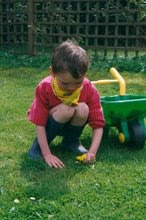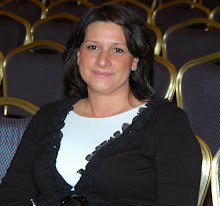 “Pető filled the gap in the field of treating disabled people. Patients arrived from all over the country, inpatients and outpatients, children and adults.
“Pető filled the gap in the field of treating disabled people. Patients arrived from all over the country, inpatients and outpatients, children and adults. Bela Biszku recalls the time: One of my former classmates, Karoly Szamosi, who worked for Nepszabadsag as a deputy editor suggested that I should go and see Pető.
He told me how he got contact with Pető. After the war, in 1945, Szamosi quite suddenly became paralysed, literally from one day to the next, and although he was taken to lots of doctors and from one institute to another his condition didn’t improve.
He was walking with aid of two crutches and had a kind of machine on his legs when he was told to go and see Pető, because he might be able to do something. So he was taken to see Pető in Alkotas utca.
As soon as Pető saw Szamosi he shouted:
‘Take away those sticks and take off that machine you murderers!’
Szamosi had such a fright that he dropped the sticks and although his muscles and hips were already weakened, the machine was taken off his legs. This was his first meeting with Pető and after that Pető started to work with him. Pető stated that the cause of the paralysis was the side-effects of medication…”
From Memoirs of the beginnings of Conductive Pedagogy and András Pető , compiled by Dr. Judit Forrai
ISBN 963 85499 2 0
Photo of Dr. András Pető sent to me by a friend.












No comments:
Post a Comment